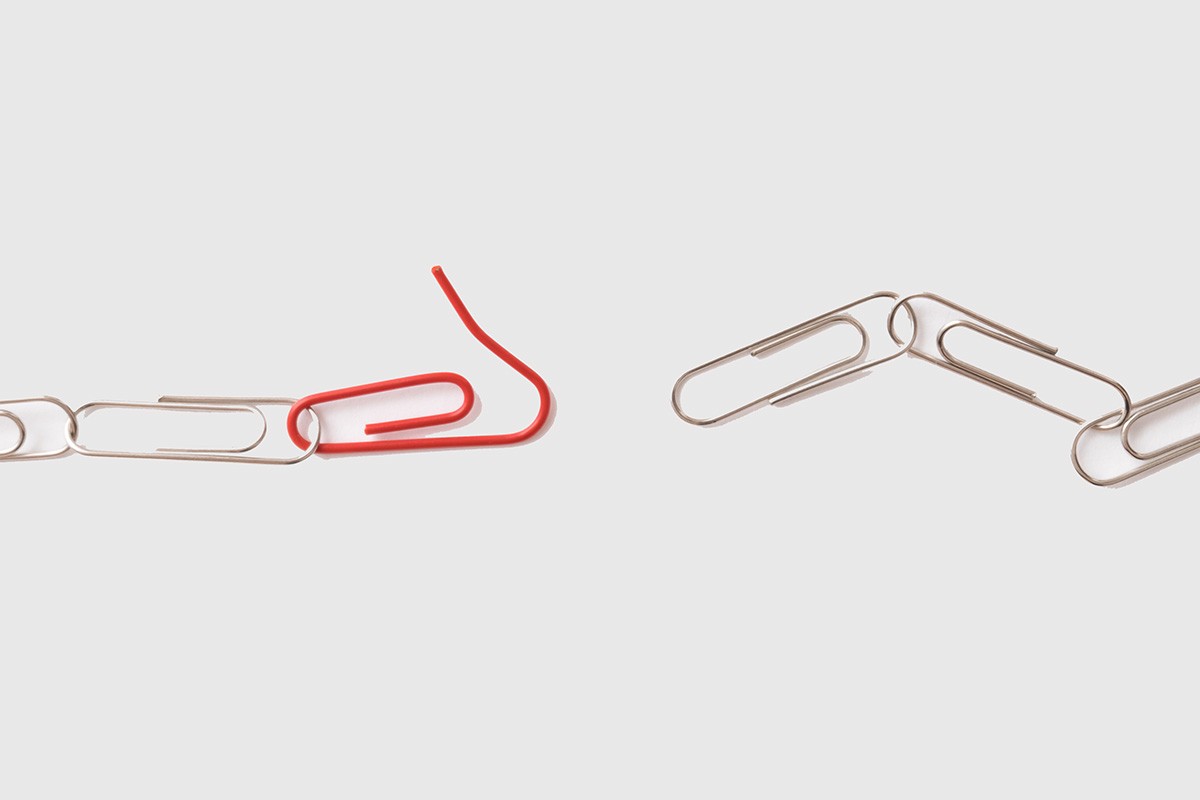.
Dave Keeling: There needs to be a much greater emphasis on learning and development in the workplace to address the skills gap
“The world economy no longer pays you for what you know; Google knows everything. The world economy pays you for what you can do with what you know.” – Andreas Schleicher, Director for Education and Skills for the OECD.
We are, it appears living in a world of unprecedented change, which is giving rise to a severe skills gap. According to inaugural research by The Open University this skills shortage is costing UK businesses more than £2bn a year as they struggle to plug the gap.
The rate of accelerated change combined with the continuing ‘rise of the machines’ suggests that in the not too distant future many of the industries and jobs we used to think of as safe bets will become obsolete.
Happy Days!
Not wishing to paint too dystopian a picture, I feel that this seismic shift in the culture of employability presents us with a gift of opportunity. That employment for younger people in the 21st century will essentially fall into two categories.
A creative application
or
A social context
Put simply young people and adults need to get good with ideas or good with other people. If they have both then they will become unstoppable. Having the capacity to think for themselves, play with ideas, unlearn and relearn, up-skill and then have the confidence to collaborate, communicate, develop relationships, take the initiative and be leaders in their own lives, will provide a strong platform for lifelong employability.
If the quote above by Andreas Schleicher is to be believed, then our only advantage in this vacillating economic landscape is to commit to a process of educational evolution. That is to say rather than trying to keep up with the speed and processing power of computers, we become instead, flexible learners deft in the art of adapting.
For this to take place we all must shift from knowing to doing.
After all knowledge without action is simply storage. There is no point this century just being clever inside your own head. What the world needs now is for all of us to take what we know (or don’t know) and do something with it.
My education consisted primarily of cramming, passing and forgetting.
The youth of today will not get away with that approach, they need to learn, remember and then more importantly do something with it. Innovate it, be creative with it, challenge it, question it. Just having it will not be enough.
This combination of life skills and learning skills to empower individuals to make more positive choices personally and professionally is at the very heart of
Laughology’s work. Working with others to give them the tools to bring to life their ideas, communicate the value of their thoughts and the confidence to have a go and get things done.
To navigate this challenging job market, the Partnership for 21st Century Skills has identified three types of skills that we all need to be continually working at developing, which they call 21st-century skills:
Learning Skills:
Learning skills involve how we process information and connect the dots between different subjects. It also involves developing our ability to collaborate and communicate the values of our ideas in a clear and concise way.
1. Critical Thinking
2. Creative Thinking
3. Collaboration
4. Communication
Literacy Skills:
Literacy skills involve how we recognize truth from fiction on social media networks on the web. It also involves knowing how to use information technology to share your stories and inspire people.
1. Information Literacy
2. Media Literacy
3. Technology Literacy
Life Skills:
Life skills are all about taking initiative, creating a vision for our career and developing our personal brand. We all need to work on being more confident leaders who get things done.
1. Flexibility
2. Initiative
3. Social Skills
4. Productivity
5. Leadership
As CIPD’s Skills Advisor puts it “While more efforts are being made to reform education, it’s clear that there needs to be a much greater emphasis on learning and development in the workplace.”
In order to develop in this way there needs to be a concerted effort from employers to encourage and enable individuals to be self-directed learners.
Learners who through a growth mindset approach consistently seek opportunities to grow, enhance, and refresh their skills base. (book a Growth Mindset workshop for you team – that delves into the fascinating psychology and neuroscience of growth mindset).
For more top tips on how to develop your own growth mindset and resilience you can read my earlier blog on reclaim your brain.
























